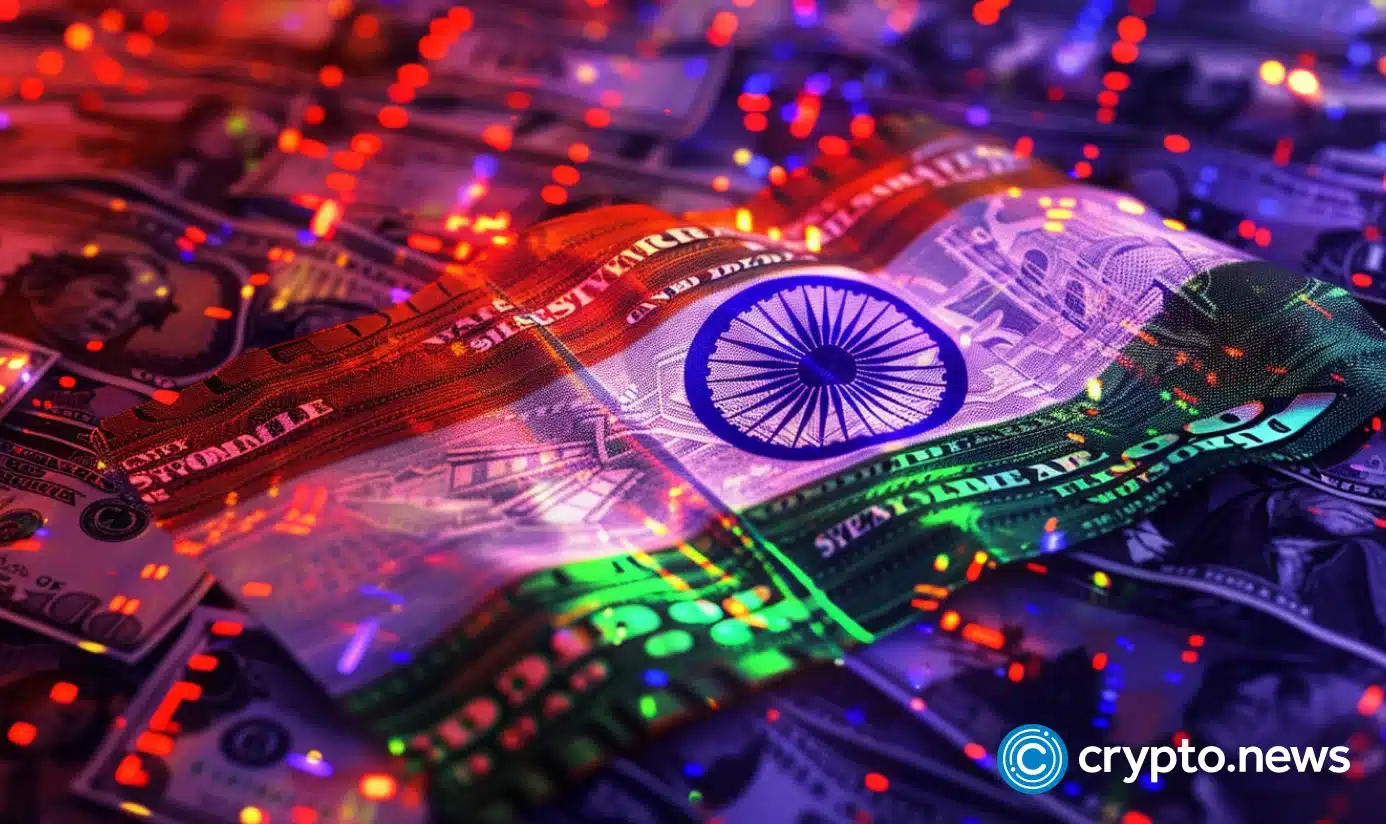The Indian central bank governor views stablecoins as a risk to government sovereignty over the monetary system.
Speaking at the G30 39th Annual International Banking Seminar held in Washington DC, Reserve Bank of India governor Shaktikanta Das said he has “very strong reservations against stablecoins.”
According to Das, stablecoins are “private money” that could undermine government sovereignty by allowing private issuers to dominate the payment ecosystem. He went on to add that stablecoins offer more risks than advantages.
Instead, he highlighted the advantages of CBDCs, pointing out that they’re backed by the government, offer guaranteed settlement, and don’t need any collateral. This, he suggests, makes them a more secure and reliable choice compared to the uncertainties of private stablecoins.
Das also noted that India’s ongoing CBDC pilot projects have received positive feedback and disclosed the RBI’s intentions to integrate CBDCs with India’s Unified Payments Interface, a real-time payment system that processes over 500 million transactions daily.
India launched its CBDC pilot program for the digital rupee in December 2022 along with 16 participating banks to test its use cases while also exploring additional functionalities like offline transactions and programmability features.
Das has previously stressed that the programmability feature of CBDCs could be a game-changer for financial inclusion by ensuring targeted delivery of funds. He reiterated this in his recent comments but emphasized that India isn’t rushing the digital rupee’s roll-out, as the RBI wants to thoroughly test its design, features, and robustness before a full-scale launch.
The RBI governor’s comments came as reports emerged that India could once again be looking to ban private cryptocurrencies, including stablecoins. Last week, two anonymous officials told local media that regulators had consulted with key institutions and concluded that the risks of private cryptocurrencies outweigh their benefits.
India is currently working on a policy paper that is expected to clarify its official stance on cryptocurrencies. Meanwhile, the country holds the top spot in Chainalysis’ global crypto adoption index, despite investors having to deal with a punishing tax regime.





